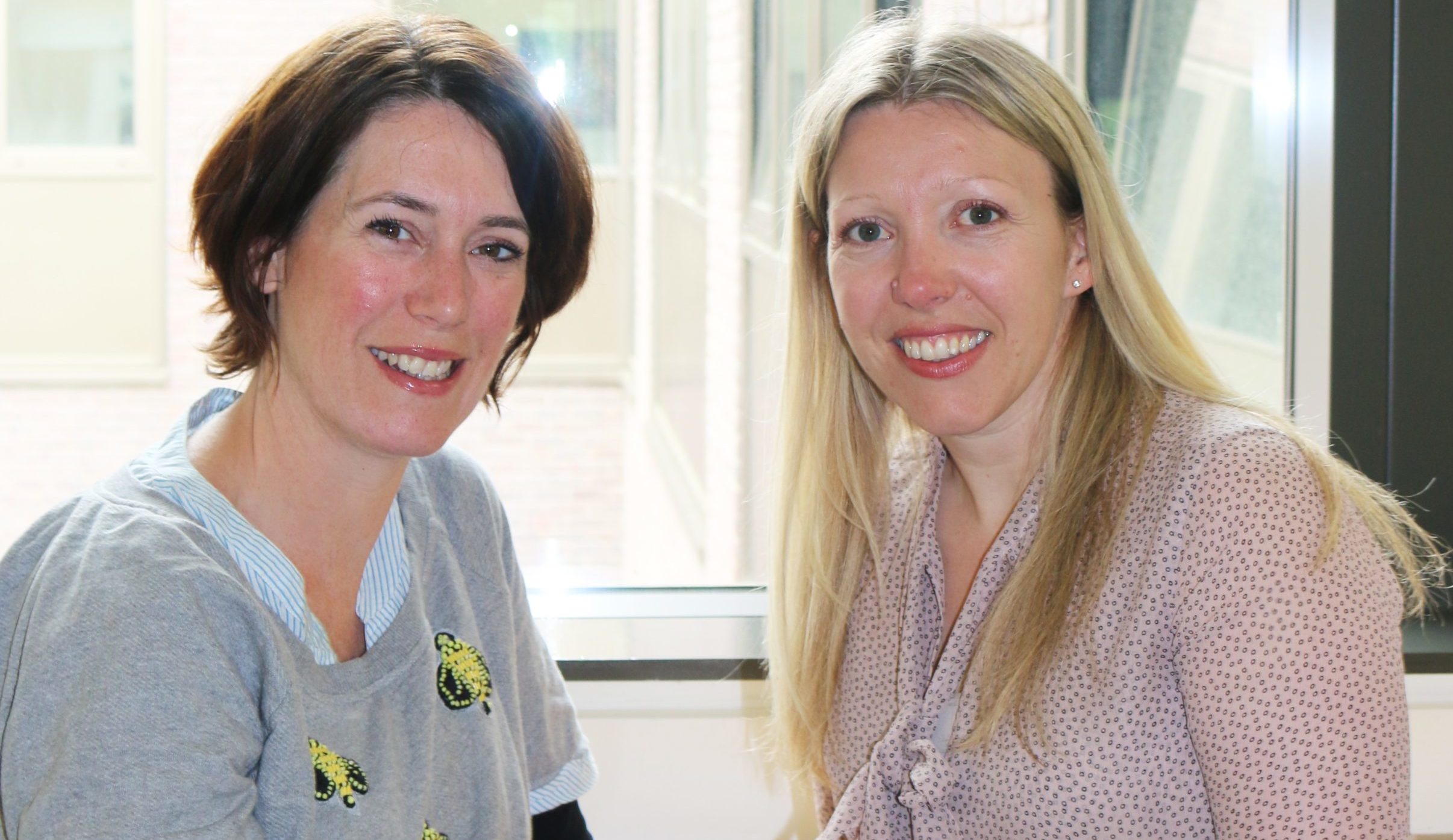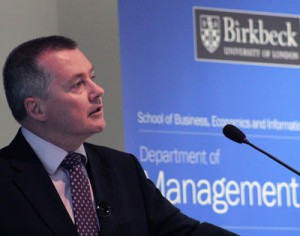Academia operates within a traditional culture where often new practices in terms of working patterns are slow to be implemented. However, could a job share be part of the solution to addressing work stress and the gender pay gap?
Dr Rachel Lewis and Dr Jo Yarker, Senior Lecturers in the Department of Organizational Psychology, believe just that. Their arrangement represents the first appointment of its kind amongst academics at Birkbeck.
Research by Kinman and Jones recognises the stressful nature of the academic role and working environment, which is particularly acute in those more junior academic positions, and in women. Fifteen years on from the launch of the Athena Swan Charter, the gender pay gap is still at 15.3% and women are sorely underrepresented in Professorial and Senior roles.
“In working together, we can fulfil one FTE and as such be treated equitably on that footing,” said Lewis and Yarker. “This means that our workload is distributed in the same way as full time staff but beyond that, we can support each other and enable our mutual research goals to thrive. Job sharing has allowed us both as individuals to follow our passions, and drive our careers forward; we act as each other’s trusted advisor and support, meaning that we can really focus our goals and deliver more for the university than would be possible if we were working independently.
“Although we have a strong shared sense of where we are heading and what is important, and we often like to vocalise that we are interchangeable, we do do things differently. As a result, students we are supervising tend to gravitate to either of us for different types of support. The result is that our job share arrangement allows us to work to our strengths and our authentic selves.”
Strong friendships and mutual trust
The successful job share didn’t just happen overnight for Lewis and Yarker. It had been preceded by working together for a number of years. This enabled them to forge a strong friendship and develop mutual trust and affection. “When we both started to have families, we covered each other’s maternity leaves. It soon dawned upon us that the co-sharing of work was really valuable for us. We had always worked part time in academia (combining this with commercial practice), and so the job share was not to enable us to work on reduced hours but rather to have a more fulfilling, complete and supportive academic career.”
When asked how they manage the job share practically, Lewis and Yarker responded, “There are a number of different ways a job share can be organised, and we tend to do the ‘whole’ job between us, and flex our lead responsibilities depending on project demands and life demands.”
A growing trend
Lewis and Yarker’s somewhat unusual arrangement has been noticed by two colleagues in their department who have followed suit and applied for a job (successfully) in a job share arrangement too.
Janet Sheath and Dr Susan Kahn share the responsibility for the Department of Organizational Psychology’s coaching portfolio and from Autumn 2020 will be directing four programmes between them. Speaking of how the job share came about, Sheath joked that they sold it to the Department as ‘two for the price of one’: “Between us we have a considerable amount of experience as practitioners and access to broader career and coaching networks, as well as bringing our unique research interests to the role. I wouldn’t want to only teach or only practice, I’ve always done both, and we both continue to bring up to date knowledge as practitioners to the classroom.”
Kahn echoes Lewis and Yarker’s sentiments on the personal and professional benefits of job sharing: “Starting the role together removed the feelings of isolation that sometimes accompany a new position and we’ve developed a safe, supportive space in which to explore new ideas. We also have the same sense of humour and share a lot of laughs, too!”
Perhaps this is a sign of the future?
. Reply . Category: Business Economics and Informatics . Tags: academia, academics, gender pay gap, Organizational Psychology, research, stress management, wellbeing




